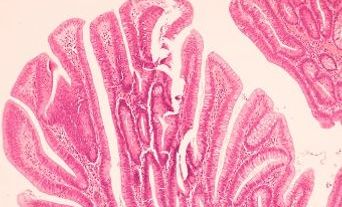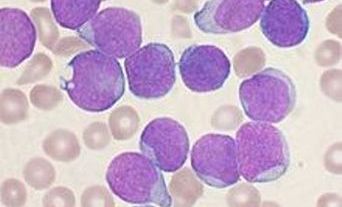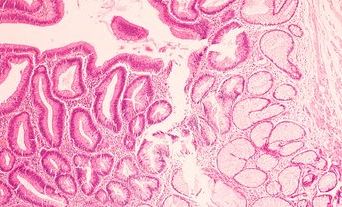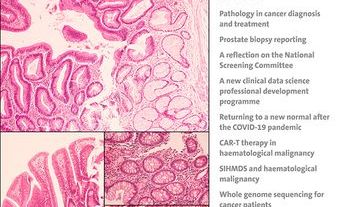From the Editor
Welcome to the October Bulletin. We are now racing towards the end of this rather peculiar year and I do hope that you have been able to have a break from the pressures of work whether at home or away.
From the President
Hello again. I hope you had a good summer. Welcome to the October 2021 Bulletin, which is the last Bulletin of this year and the last one before we enter our 60th jubilee year in 2022. A lot has happened since I last wrote in July.
Pathology in cancer diagnosis and treatment: challenges and opportunities
This issue focuses on cancer care and details the varied roles of pathologists in the diagnosis and treatment of cancer. In this article, Dr Kendall and Dr Robinson discuss the challenges facing pathologists and the opportunities for improving patient care.
Anthony Nolan: returning to a new normal after the COVID-19 pandemic
As Professor Antonio Pagliuca approaches his first anniversary as Anthony Nolan’s Chief Medical and Scientific Advisor, he reflects on the challenges the charity has faced as it emerges from the COVID-19 pandemic.
CAR-T therapy in haematological malignancy: an introduction to clinical application and challenges
CAR-T therapy is a revolutionary treatment that redirects immune cells to treat cancer. However, despite significant advances in the field, CAR-T therapy remains associated with numerous clinical and laboratory challenges.
SIHMDS and haematological malignancy: successes and challenges
Haematological malignancies are a diverse group of diseases, collectively forming a large proportion of all cancers. The Specialist Integrated Haematological Diagnostic Service (SIHMDS) model is one of the keys to personalised therapy in blood cancers. Here, we learn more about the successes and challenges of SIHMDS.
Whole genome sequencing for cancer patients: from gigabases of sequencing data to actionable findings
Through the new Genomic Medicine Service and to capitalise on the success of the 100,000 Genomes Project, NHS England has commissioned clinical testing pathways to be the first national healthcare system to offer whole genome sequencing in routine care for cancer patients.
Cancer genomic testing and the pathologist
Genomic healthcare will affect all areas of medicine. Pathologists will need to keep on top of new technological developments and training requirements to make the best use of genomic testing.
Prostate biopsy reporting: the case for a pragmatic approach
A standardised approach to biopsy reporting is not always the most efficient. In the case of prostate cancers, individual variability and inherent biopsy sampling error means that personalised and pragmatic data collection may be more effective.
Screening programmes don't just appear out of thin air: a personal reflection on the National Screening Committee and cervical screening programme
While rates of cervical cancer have decreased successfully in past decades, there are still many challenges in continuing this trend. Key to this is sound decision-making based on data, highlighting why population screening is so critical.
Co-creation of a new clinical data science professional development programme
An innovative project, led by The University of Manchester in collaboration with the National School of Healthcare Science, seeks to create a new educational programme in clinical data science with the health and social care workforce.
Full Bulletin download
Download the full October 2021 issue.









